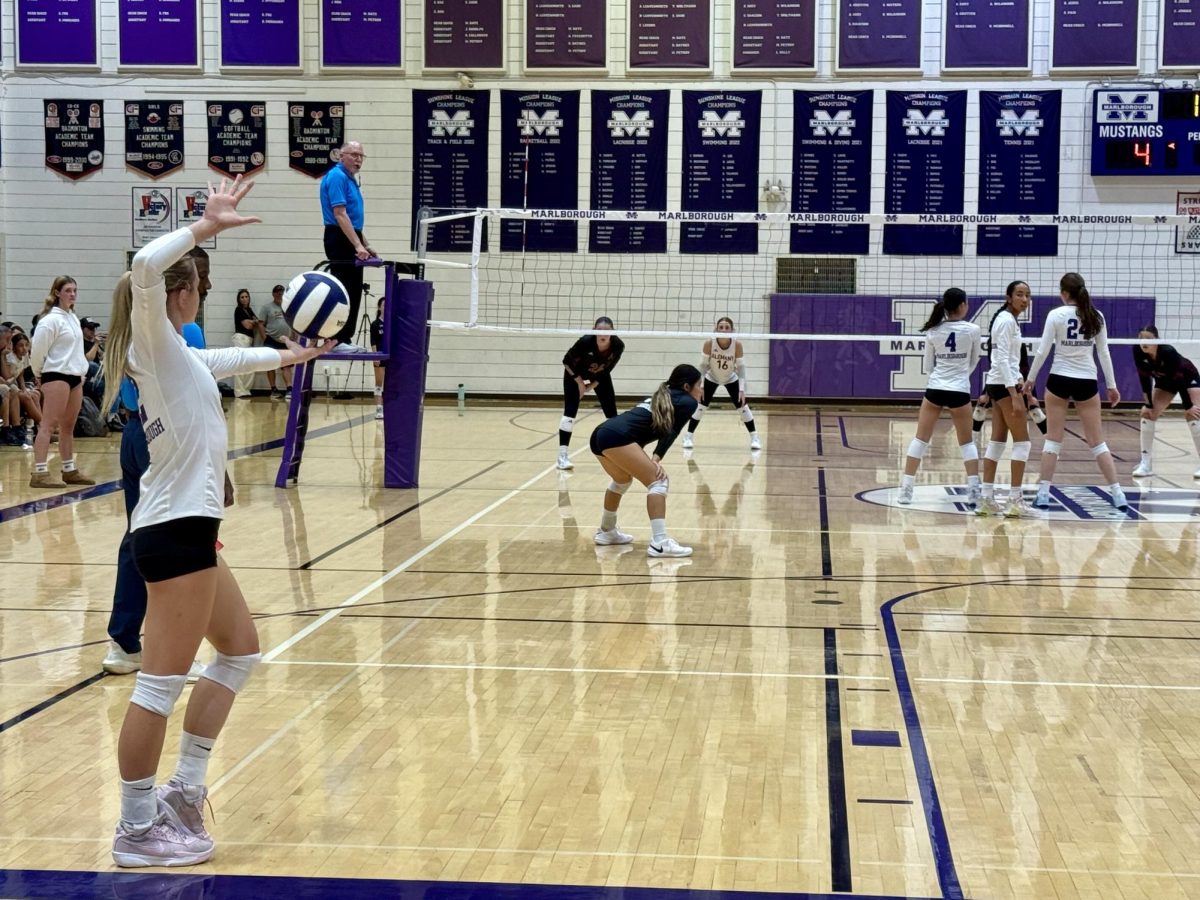A $41 million contract with the New England Patriots, a contract with the company that produces Muscle Milk, and a two-year deal with sports company Puma. After only four years in the NFL, 25-year-old Aaron Hernandez made his presence known in the sports world. After establishing his proficiency as a tight end at the University of Florida, Hernandez went on to excel as a member of the Patriots after signing a four year contract with the team, which impressively boasts four wins at the Super Bowl. However, his rising star came crashing down the day he was arrested for first-degree murder.
As of Wednesday, Feb. 18, the prosecution’s case in the murder trial against Hernandez hinges on a piece of chewing gum. After Hernandez was arrested on June. 26, 2013 following the discovery of victim Odin Lloyd’s body on June 18, police belatedly recovered evidence that had originally been discovered in a car rented by Hernandez earlier in the day. Lloyd had been involved in a relationship with the sister of Hernandez’s fiancée at the time of his death.
Enterprise Rent-a-Car employee Keelia Smyth allegedly cleaned out several items from the returned car, including a shell casing and hunk of cotton candy-flavored bubble gum from under the seats. Gas station receipts proved that Hernandez had purchased gum of the same flavor earlier in the day, and according to the Huffington Post, even offered a piece to Smyth upon returning the car. Smyth grew suspicious of the found items after hearing of Lloyd’s death and reported them to the police; however, by the time they were retrieved by detectives, the gum had adhered to the shell casing. DNA testing proved that the gum belonged to Hernandez.
Police charged Hernandez with first-degree murder after obtaining a warrant to search his Massachusetts home.
Hernandez’s defense argued in the ongoing trial that police mishandled the gum and shell casing and that, as a result, DNA may have been transferred from another source to the gum in a lab.
The prosecution presented a video to the jury; after willingly reporting to the local police station with his lawyer on June 18, the day after Lloyd’s death, surveillance cameras caught Hernandez fumbling with his cell phone in a car. According to the prosecution, the video shows Hernandez dismantling his phone to hide evidence and proceeding to use another cell phone to make calls.
As for the gun, childhood friend Robert Paradis brought forward testimony that Hernandez showed him a gun in Apr. 2013; it was the same model of the weapon used in Lloyd’s murder. However, a judge ruled Paradis’s testimony unfit for court due to inconsistency.
On Feb. 23, NBC Sports published an article stating that Lloyd’s sister will speak on the stand of text messages she received from her brother on the night of his death, reading “U saw who I was with,” “nfl,” and “just so U know.” While at first the court mandated she could not testify about these messages, the Boston Globe reported that will now be allowed to bring the messages up during her testimony.
According to Yahoo! Sports, Hernandez will receive a life sentence in prison if convicted. This trial is not the only crime brought against Hernandez. He faces a second trial this year for the murder of two men outside a club in 2012.
Co-Head of English Department David Long, an avid football fan, sympathizes with Patriots fans. While not a team supporter himself, he imagines the difficulty fans must be facing as a man they’ve supported for years reveals himself in a different light.
“I think speaking as a sports fan, it’s always the case that you support the players on your team no matter what. And you find yourself almost feeling like those people are members of a family… you like them and they’re on your team and you think that their lives are great and they’re good people because they can catch touchdown passes and win for you,” Long expressed. “So I imagine that a Patriots fan would feel really weird, like ‘this is a person I’ve been supporting all my life’ only to find out he’s a murderer.”






